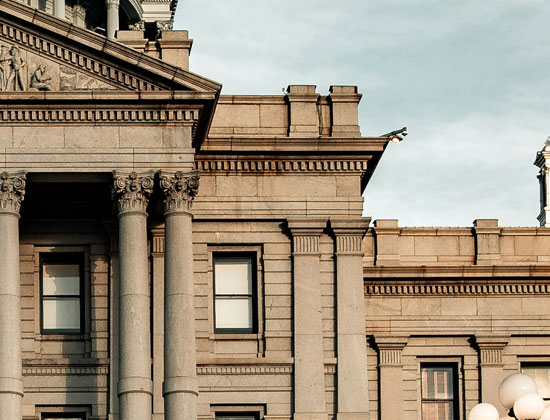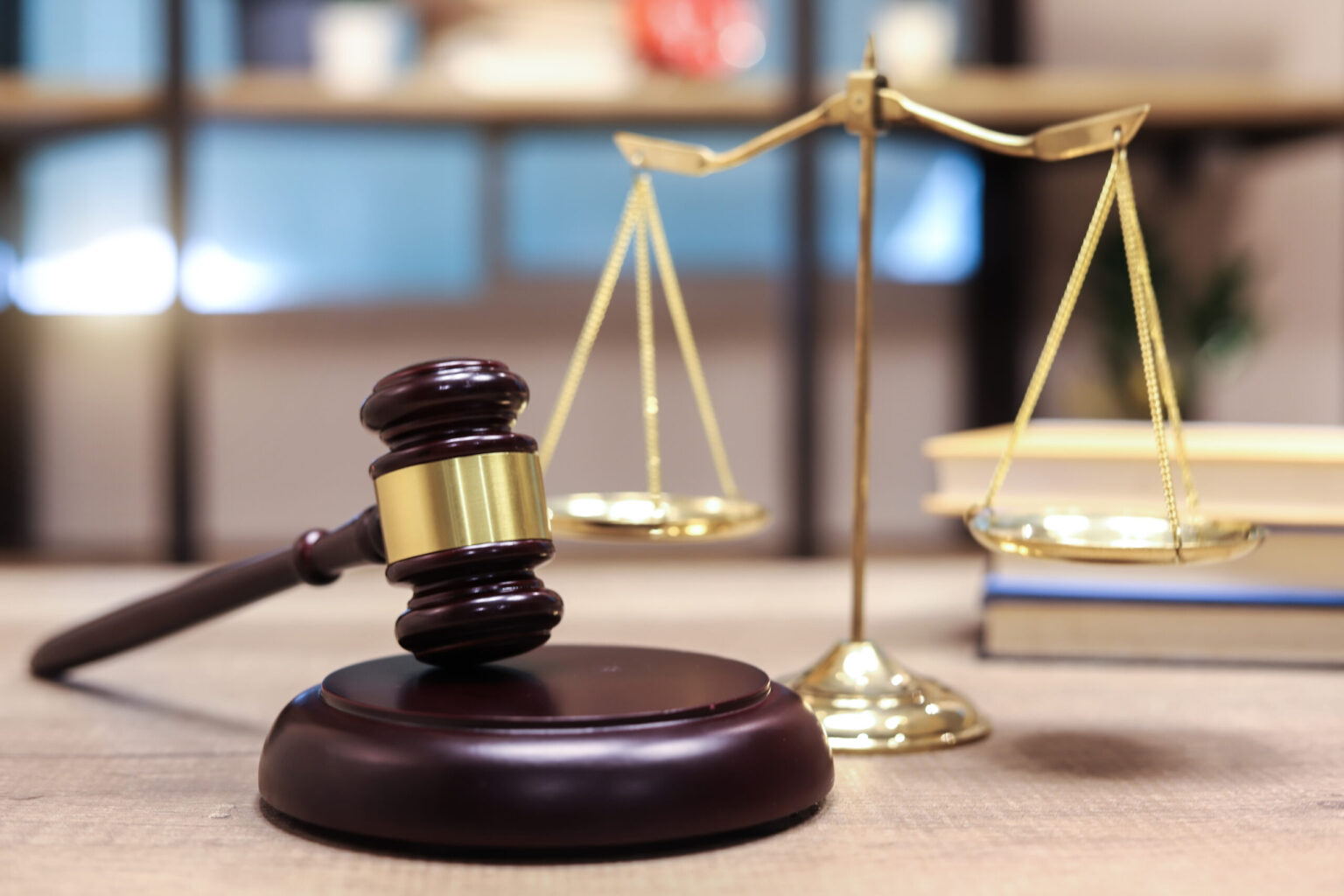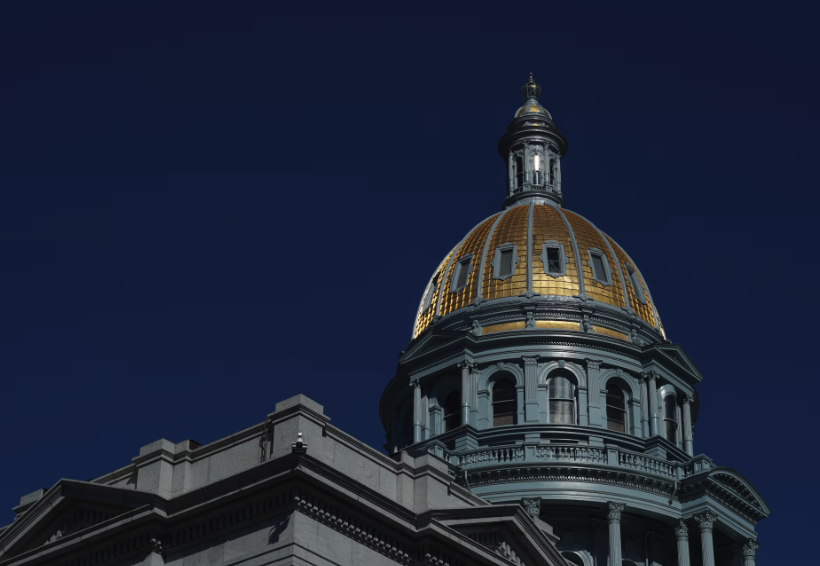Practice creates conflict of interest between lawyer and plaintiff By BEVERLY RAZON | Colorado Newsline…

Colorado legislature: Property tax agreement is elusive; land-use bills advance; medical malpractice deal
Final days of General Assembly’s session before session ends Wednesday
In the latest of a slew of grand bargains announced in recent days, the insurance industry and Colorado’s trial lawyers unveiled a deal Sunday to raise the damages cap on various forms of medical malpractice liability.
It’s wonky but important: On one side you have the Colorado Trial Lawyers Association, who had backed a ballot measure to remove the cap on damages for catastrophic injuries. On the other side was the medical community and the business groups, who supported an existing bill to slightly raise one cap and were running their own, competing ballot measures — one of which would’ve capped contingency fees for trial lawyers.
Enter House Bill 1472. The bill raises the cap on noneconomic damages from civil lawsuits to $1.5 million (up from $250,000), with future inflation adjustments; for medical malpractice cases, it bumps the damages limit from $300,000 to $875,000. It also sets the wrongful death damages cap at $2.125 million and the medical malpractice wrongful death cap to $1.575 million. The bill also allows allows a sibling to file a wrongful death lawsuit in certain situations.
In exchange, both sides agree to pull their ballot measures. The bill was introduced Sunday morning and cleared its first committee, House Judiciary, shortly after. It needs to pass the House and then the Senate before the legislature turns the lights off for the year Wednesday.
It’s another deal brought about by dueling ballot measures. Late last month, Gov. Jared Polis announced a deal between the oil and gas industry, the legislature, and environmentalists, all of which were armed with legislation and ballot measures. The deal sets new air quality targets and introduces a new production fee on oil and gas to pay for public transit, among other things.


